Video Release
Jawahar Chavda ફરી એકવાર આવ્યા મેદાને
પૂર્વ મંત્રી જવાહર ચાવડા ‘રોજગાર સહાયતા અભિયાન' ચલાવશે
Advocating Farmers' Rights & Protection
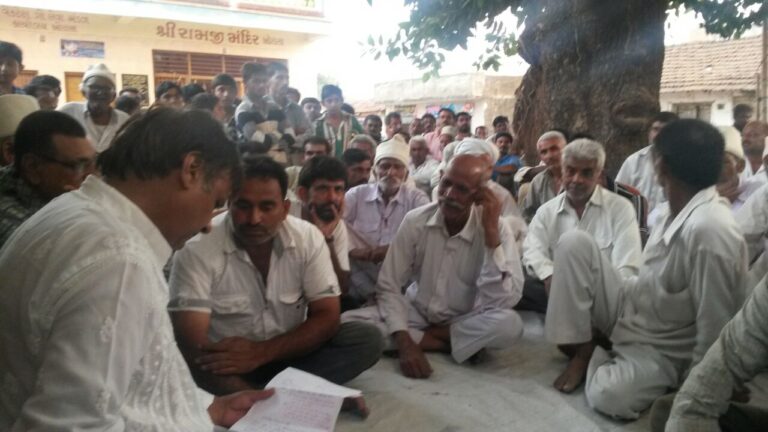
The “Lok Seva Karyalay” initiative, launched by Jawahar Chavda, aimed to bridge the gap between citizens and government services by establishing accessible, non-partisan service centers. Recognizing the complex and often daunting bureaucratic processes, he envisioned a “One Window System” where individuals could efficiently access various government schemes and complete necessary paperwork without navigating multiple offices.
These centers, strategically located in Manavadar, Vanthali, and Mendarada, provided free assistance with a wide range of services. This included facilitating applications for income certificates, caste certificates, domicile certificates, and various government welfare schemes like the Pradhan Mantri Suraksha Bima Yojana and the Pradhan Mantri Jeevan Jyoti Bima Yojana. The Karyalay also assisted farmers with agricultural assistance, such as groundnut sales to the government, and provided support for educational scholarships, healthcare programs, and housing schemes.
By simplifying these processes and eliminating the need for intermediaries, the Lok Seva Karyalay significantly reduced the time and effort required for citizens to access essential services. This initiative not only improved efficiency but also fostered transparency, ensuring that government benefits reached those who needed them most.
Press Release:
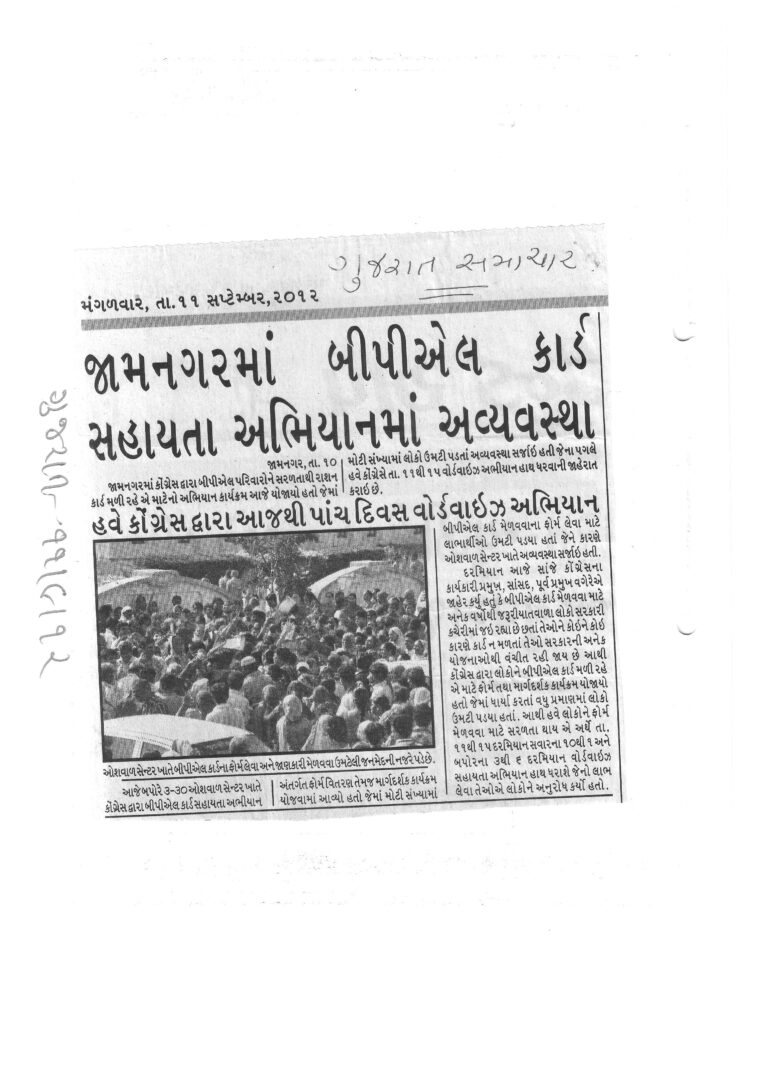
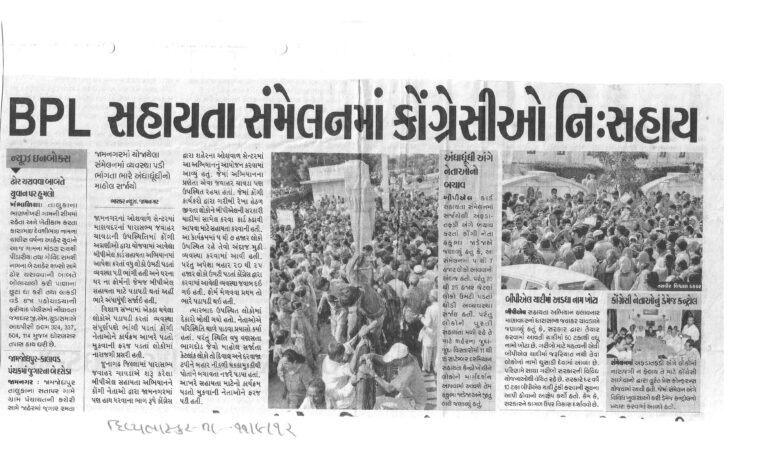
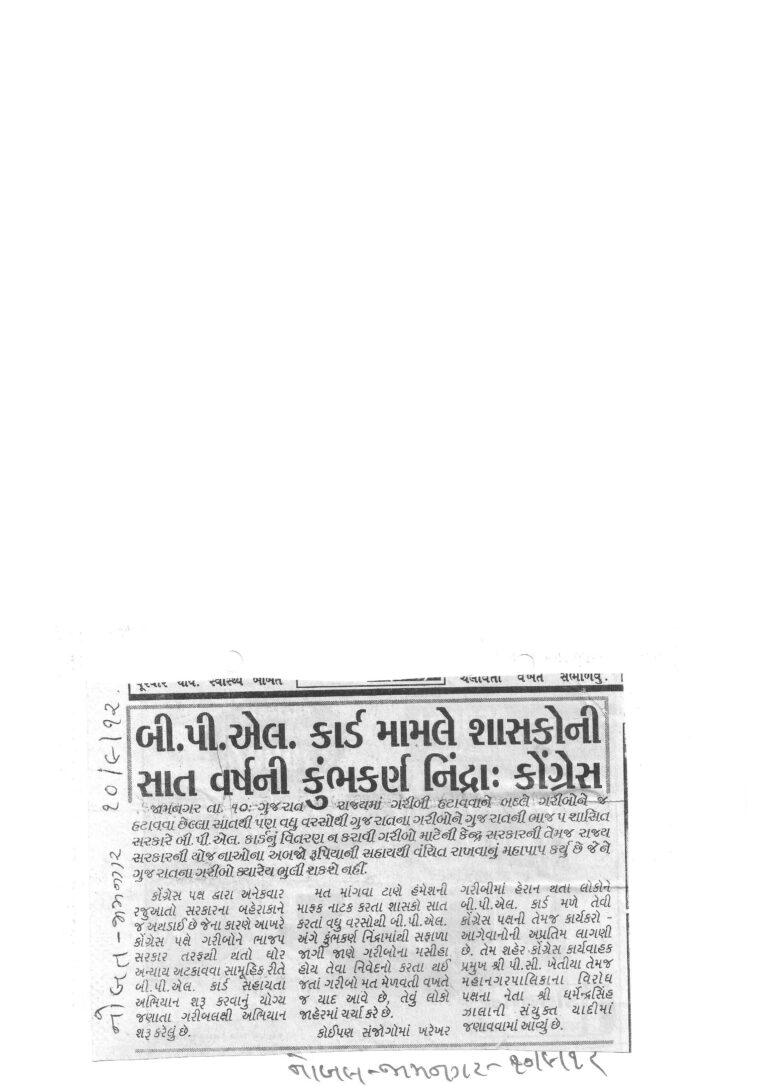
Democracy Awareness Study: Encouraging Youth Engagement & Responsible Voting
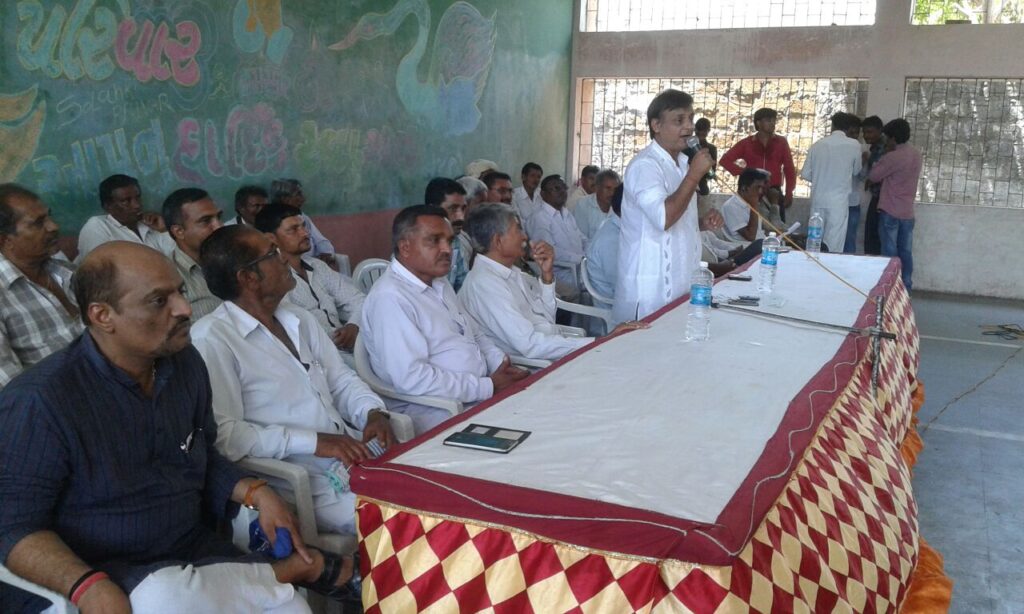
The “Democracy Awareness Study” was launched in 2014 by Jawahar Chavda to address rising political tensions and violence among students during the Lok Sabha elections. Deeply concerned about the impact of political rivalries on young minds, he sought to instill democratic values and promote responsible citizenship.
He organized an essay-writing competition across 15 Tehsils of Junagadh and Somnath, inviting 11th and 12th-grade students, and college students to participate. The competition focused on the themes “What is Democracy?” and “What Should Democracy Be Like in Your Opinion?” The goal was to encourage students to think critically about democracy, understand their rights and responsibilities, and develop independent views on governance.
Jawahar Chavda personally visited schools to distribute awards, engage with students, and deliver speeches on democracy and voting. He emphasized the importance of voting as a responsibility, not just a right, and urged students to vote based on merit rather than caste, money, or pressure. By educating the younger generation, he aimed to build a more informed and engaged citizenry, fostering a culture of democratic participation and preventing future incidents of political violence.
Fighting Illegal Sand Mining to Protect Environment & Infrastructure
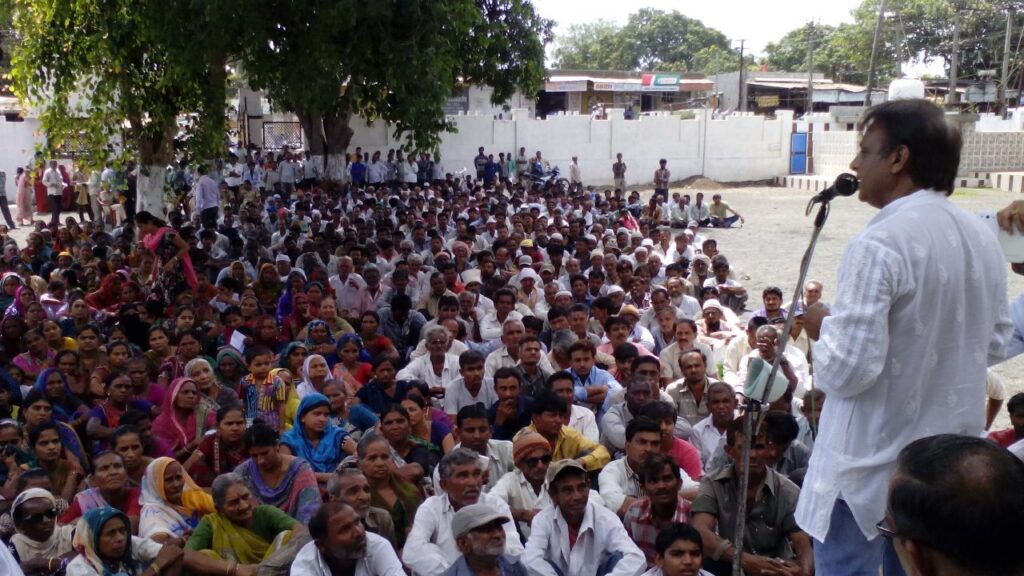
Jawahar Chavda recognized the detrimental impact of illegal sand mining on the environment and rural infrastructure. The rampant extraction of sand from the Ojat and Bhadar rivers not only caused ecological damage but also led to the destruction of rural roads by overloaded trucks.
He spearheaded a campaign to raise awareness among villagers about the importance of protecting their natural resources. He emphasized that river sand belonged to the community and that its theft was robbing them of their dignity and resources. He highlighted the damage caused by overloaded trucks, which frequently destroyed newly constructed roads designed for much lighter loads.
Jawahar Chavda took the matter to the Legislative Assembly, bringing it to the government’s attention and demanding action. His efforts led to increased scrutiny of illegal mining activities and greater enforcement of regulations, helping to protect the environment and preserve rural infrastructure.
Strengthening Farmers' Rights & Disaster Resilience
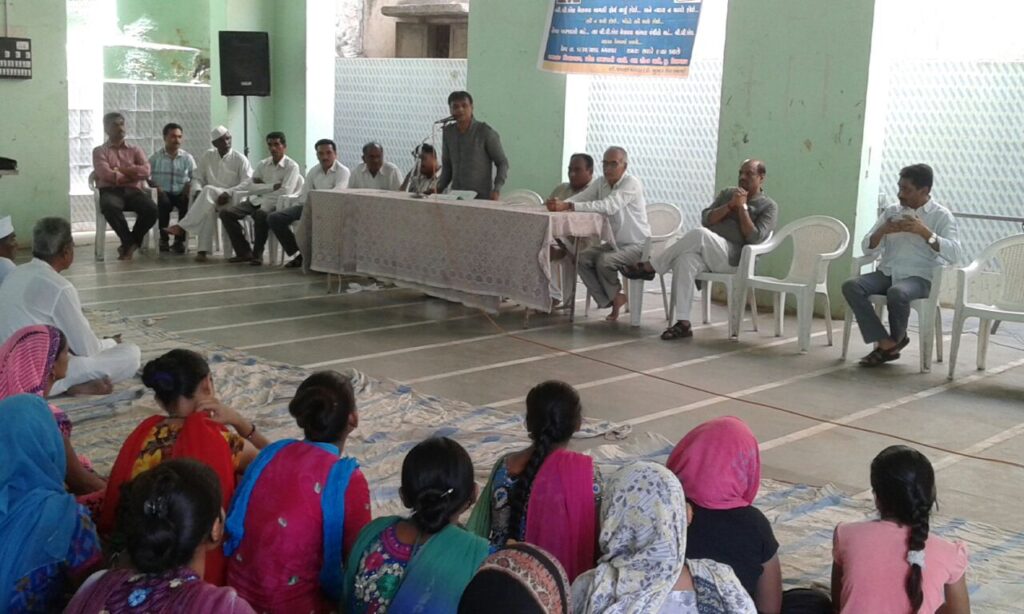
Jawahar Chavda has been a consistent advocate for farmers’ rights and well-being. Recognizing the challenges faced by farmers due to natural calamities and bureaucratic hurdles, he has worked tirelessly to improve their conditions.
He focused on reforming the crop insurance system, addressing issues such as delays, unfair evaluations, and procedural roadblocks.
Through policy advocacy and pressure on authorities, he pushed for a simplified, faster, and more transparent insurance process, ensuring farmers received timely compensation for their losses.
Additionally, he has been vocal about the need for effective flood control measures. He advocated for widening rivers to control water flow and prevent erosion and flooding. He also pushed for scientific flood management measures to protect farmlands from devastation. Furthermore he has advocated for compensation for farmers when there is too much rain, also known as a green drought. These efforts aimed to mitigate the impact of natural disasters on farmers and ensure the sustainability of agricultural activities.